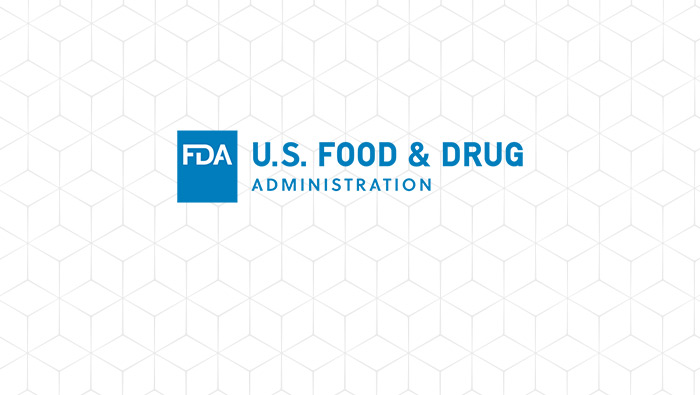The U.S. Food and Drug Administration (FDA) is releasing the results from a sampling assignment conducted during 2022 to 2024 on testing of frozen seafood products for short weighting. Short weighting can occur in frozen seafood when the net weight includes the weight of the added water glaze or ice. It is common industry practice to add water glaze to frozen seafood products to help protect the seafood from freezer burn during storage. However, overstating the net weight of frozen seafood by including the weight of glazing (ice) is not permitted (see FDA’s Guidance for Industry: 1991 Letter to Seafood Manufacturers Regarding the Fraudulent Practice of Including Glaze (ice) as Part of the Weight of Frozen Seafood). Overstating the net quantity of contents (such as including the weight of ice glaze) is a form of economically motivated adulteration (EMA), in this case where a substance is added to increase the bulk or weight of the food.
The agency collected 28 samples of retail packaged frozen seafood products imported from four (4) different countries to test their compliance with net weight declaration on the product label. Among those, 10 samples (36%) were found to be violative with 2.3 to 9.9% short weight. All shipments of violative samples were refused entry into the U.S. Further, the associated firms and their violative products were placed on Import Alert 99-47, Detention Without Physical Examination of Human Food Products That Appear to be Adulterated for Economic Gain.
The FDA is committed to continue surveillance and take appropriate regulatory actions on violative foods and firms to protect consumers from EMA and maintain their trust on food labels.
Posted in FDA and USDA Regulatory Update, Foods.
